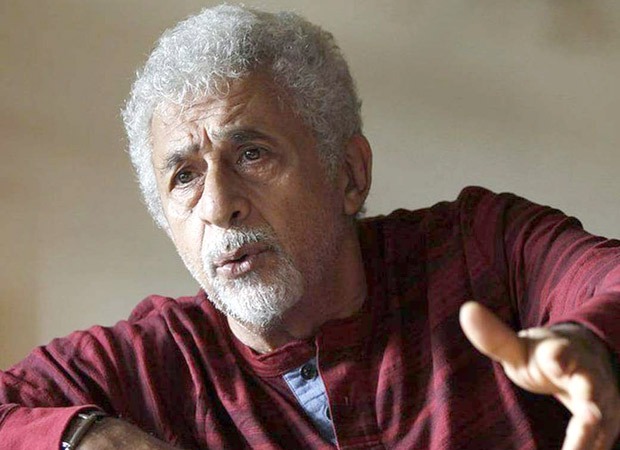Single Salma is a coming-of-age story about a 30-something woman from a conservative Muslim family in Lucknow who embraces self-love and independence. Starring Huma Qureshi, the film explores themes of feminism and individuality while challenging societal pressures around marriage.
Single Salma centers on an unconventional woman in India, addressing self-love, freedom of choice, and resisting societal marriage pressure. While the themes are commendable, the film’s execution is lacking, as the storytelling tends to be didactic and mediocre, ultimately leading to an underwhelming outcome despite the team’s efforts.
Hindi cinema has previously addressed similar themes. Salma, a 33-year-old engineer in Lucknow’s urban development department, bears the weight of her family’s responsibilities, including marrying off her younger sisters and repaying a loan secured against their old haveli. Her family’s lack of appreciation for her sacrifices, apart from her mother’s concern for her happiness, is evident.
The London experience significantly transforms Salma and her colleagues, broadening her worldview and helping her recognize her own needs and desires. Despite this growth, some changes appear contrived for plot purposes. Salma’s attraction to Meet contrasts with Sikandar’s devoted wait for her back home, contributing to the film’s feminist tone. However, drawn-out sequences and unnecessary melodrama render the narrative tedious.
Huma’s portrayal of Salma is compelling but lacks nuance. Sunny’s character is uninspired, and Shreyas’s exaggerated look detracts from his comedic talent. Unlike Queen (2014), which effectively explored self-discovery, Single Salma fails to capitalize on this theme due to overwrought writing and inconsistent storytelling.




